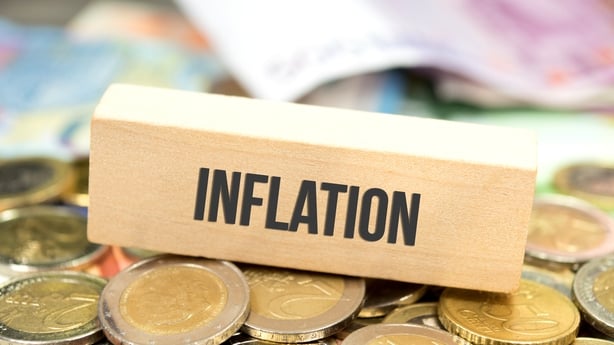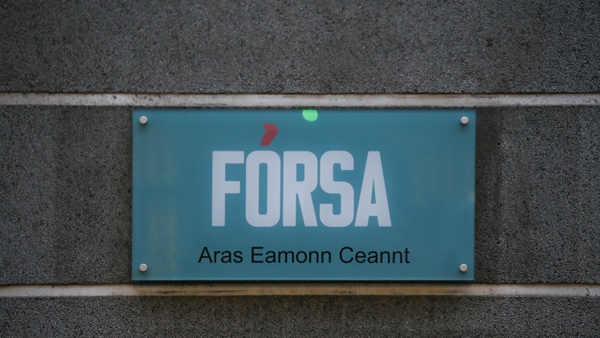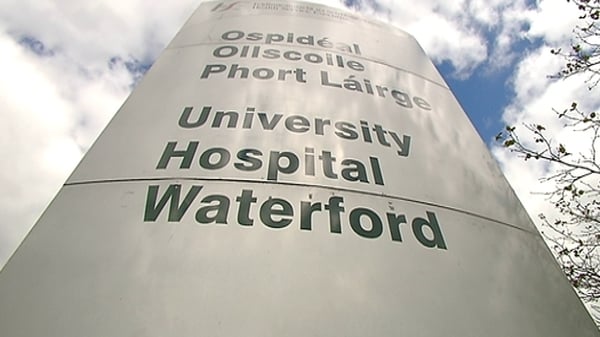The term 'erosion' was used a lot this week in reference to rising inflation.
Like powerful waves hitting the shore, we were told by unions and campaigners that soaring prices were eroding the gains of previous wage increases and eating into incomes.
We were also told that pay rises were needed.
The Irish Congress of Trade Unions raised its guidance for private sector wage increases.
In December, ICTU said private sector employees should seek pay rises of between 2.5% and 4.5%.
ICTU's Private Sector Committee is also calling on Government to relax the Small Benefits Exemption tax rules which cover non-cash bonuses for staff.

The Labour Party welcomed the call. Its spokesperson for finance, Ged Nash, said Ireland needs a pay rise to deal with inflation.
"Government interventions are welcome but the best way to protect workers from an increase in inflation is to increase pay," he said.
However there are warnings that increasing pay now could lead to a wage-price spiral, the theory being that if people have more money to spend it will drive prices up even further.
"The rates of inflation we are seeing now should not be seen as permanent so it is hard to argue that it would be a good thing for the economy for wage inflation to match those inflation rates," according to Goodbody Chief Economist Dermot O'Leary.
He does acknowledge that some pay increases are needed.
Some companies did very well during the pandemic and can afford to pay
"You can certainly justify a situation where wage growth is higher now compared to the low wage inflation we saw in the last decade," he said.
Taoiseach Micheál Martin also appeared to sound a word of caution when he was asked about wage increases in the private sector.
"I think, generally as a society, we have to be careful that we don't try and chase inflation and then end up causing more harm than good," he told reporters in France yesterday.
The current public sector pay deal, Building Momentum, will end later this year and negotiations on a new agreement are expected to begin in the coming months.

Unions and the Minister for Public Expenditure and Reform Michael McGrath said yesterday that inflationary pressures are likely to form part of those talks.
"I am signalling a willingness in the coming months to enter discussions with the trade unions in relation to the possibility of a successor agreement," said the minister.
"[It] will of course have to take account of the current economic circumstances, cost of living issues and also the Government's reform agenda to continue to improve the public services we supply to our people."
With public sector pay talks still some months away, the current focus is on the private sector.
So, will these latest pay claims be successful? That depends on the business and the sector.
Some companies did very well during the pandemic and can afford to pay. Others are currently dealing with labour shortages and are already increasing wages to attract staff.

According to the latest Grant Thornton International Business Report, released this week, high salary expectations and a decreasing pool of skilled workers are among the major challenges facing Irish companies.
"Almost two-thirds (63%) of Irish businesses report access to a skilled workforce as a significant constraint to the growth and development of their business," according to the report.
"A fifth of businesses have noted challenges in accessing skilled workers as a result of salary expectations," it stated.
While there is no denying some sectors have been left with little choice but to increase wages, there are warnings that if the current inflationary pressures prove to be temporary then excessive pay rises could result in a loss of competitiveness.
In that scenario, the seawall that was meant to protect wages from erosion would end up doing more harm than good.






